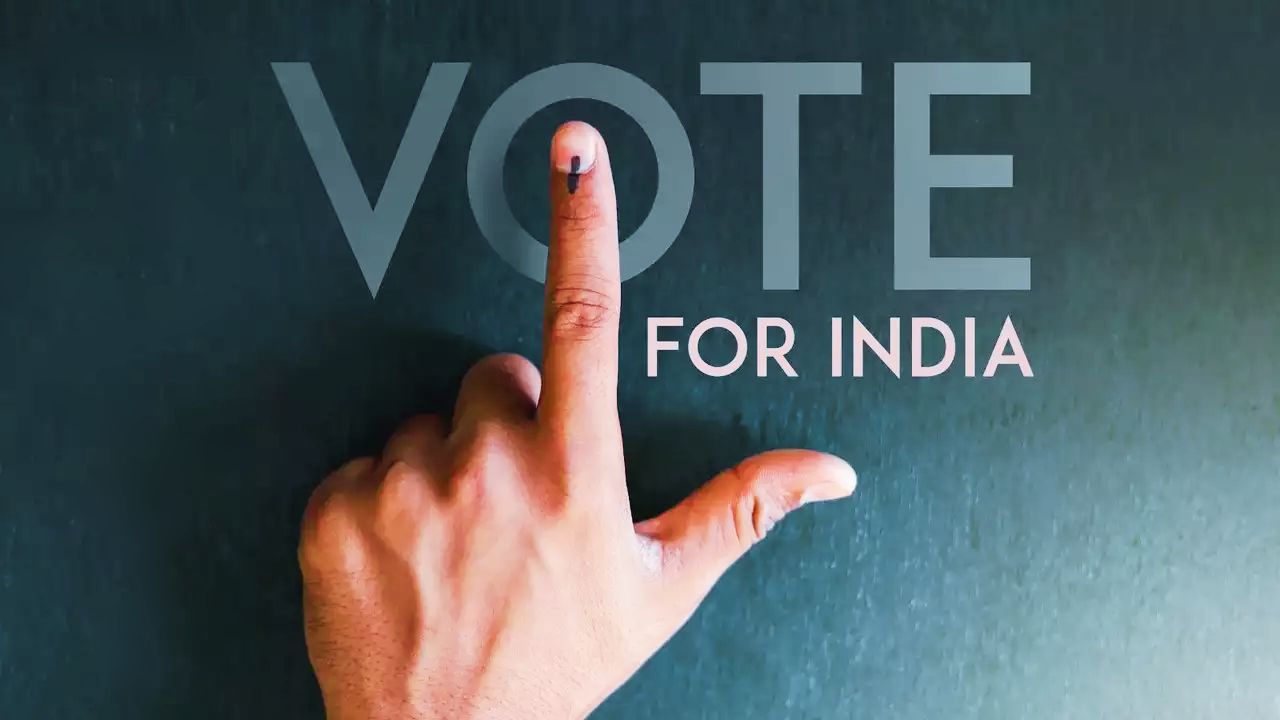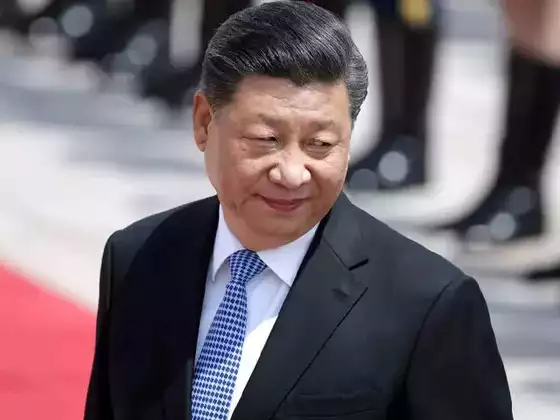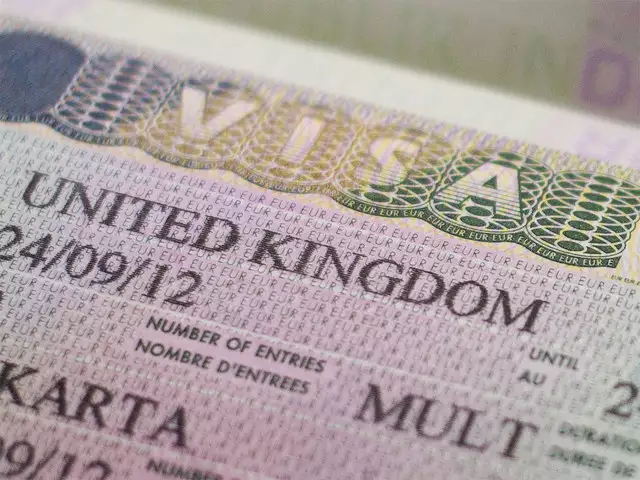As the Lok Sabha Elections 2024 approach, the engagement of Non-Resident Indians (NRIs) in India’s democratic process garners significant attention
-
With a sizable NRI population scattered globally, their participation holds the promise of enriching Indian democracy and fostering stronger ties with the diaspora community
In recent years, strides have been made to facilitate NRI participation in Indian elections through various means:
Physical Voting at Electoral Booths: NRIs can exercise their voting rights by registering through Form 6A. This avenue mandates physical presence in India on the election day to cast ballots at designated electoral booths. Valid identification, including Voter ID cards and passports, is essential for this process.
Proxy Voting: A significant legislative development occurred in August 2018 with an amendment to the People’s Representation Act, 1951, permitting NRIs to vote via proxy. Under this provision, NRIs designate a trusted relative in India who is eligible to vote to cast their ballots on their behalf. This amendment reflects a move towards more inclusive democratic practices, empowering NRIs to participate in shaping India’s political landscape remotely.
The PRS Legislative Research highlights the significance of the Representation of the People (Amendment) Bill, 2017, which aims to modernize electoral procedures and make them gender-neutral. By amending the Representation of People Act, 1950 and the Representation of People Act, 1951, the Bill enables overseas voters to cast their votes either in person or through proxy, thereby addressing a longstanding demand for more accessible voting mechanisms for NRIs.
-
As India continues its democratic journey, the issue of NRI voting rights remains integral to the country’s electoral discourse
-
Empowering NRIs to exercise their franchise not only strengthens democratic values but also reinforces the bond between India and its global diaspora, forging a more inclusive and representative democracy
Despite these progressive steps, challenges persist in ensuring seamless NRI participation. The logistical complexity of organizing voting mechanisms for NRIs scattered across the globe poses a significant hurdle. However, the Indian government remains committed to overcoming these challenges by exploring innovative solutions such as electronic voting and enhancing outreach efforts to streamline registration processes and encourage greater NRI engagement.
As India continues its democratic journey, the issue of NRI voting rights remains integral to the country’s electoral discourse. Empowering NRIs to exercise their franchise not only strengthens democratic values but also reinforces the bond between India and its global diaspora, forging a more inclusive and representative democracy.
***********************************************************************
Readers








